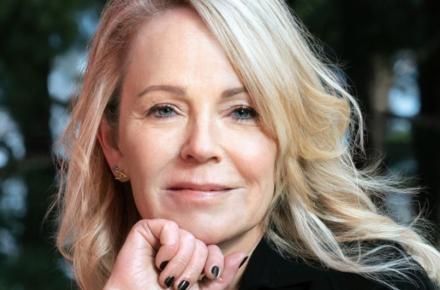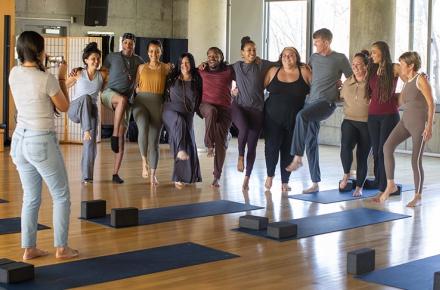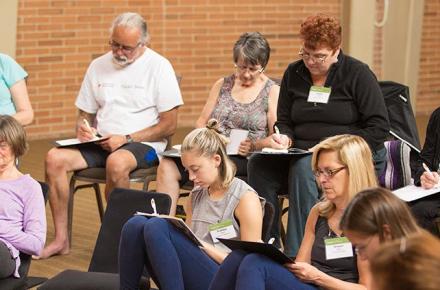What Makes a Great Writing Prompt

You might wonder why you should bother to use writing prompts—and what makes a good one. From my decades of responding to prompts and creating them for my writing students, here are some of my thoughts on the subject.
A writing prompt is a much easier thing to face that a blank piece of paper. A prompt gives you a jump start, a place to begin. It’s the impetus that gets you going and starts words flowing on the page. Just facing a blank sheet of paper with no idea where to start or what to write about is terrifying. A prompt is an effective way to manage that terror and begin.
A good writing prompt should be evocative. Rather than being a flat task—“Tell me about two characters who meet in a bar”—the best writing prompts should make you think of something new. A well-worded prompt should feel almost like a burr in your side. It should make you feel provoked, edgy, spurred to respond. The first thoughts that come to you upon reading the prompt may be surprising or unusual, even risky. Always go with those first thoughts.
Writing prompts can help you access memories and stories you can’t retrieve directly. A good prompt can make you remember something you hadn't thought about in say, a month, a year, or even 50 years. My students often finish responding to a prompt, and when it’s their turn to read their piece out loud, they’re thrilled that they’ve uncovered a memory or story that they had forgotten—sometimes for decades. A strong prompt is great antidote to a failing or faulty memory.
A good writing prompt should be targeted and specific. Consider for instance, how much more powerful it is to respond to the prompt, "My father's hands," than it is to write from the much more non-specific suggestion, "Tell me about your father." The first prompt evokes an instant visceral response and an image; the second is too broad and generic to give you an immediate starting place.
A writing prompt will get you writing, and keep you writing, much more effectively than the idea, "I should write." With a prompt, you have something concrete to respond to. (And, if you make it part of your personal writing practice to respond to the ones that I send out each week, you won't have to think them up yourself.)
Take on challenging prompts; they stretch you into new territory as a writer—and as a person. In my experience, and in my years observing my students, it is often the prompts you want to avoid that lead to the most interesting, revealing, compelling writing.
Don’t give yourself an out. Not every prompt will feel right (or comfortable) for you, but if you are serious about your development as a writer, I recommend that you try each of them anyway. If you were sitting in a writing class with me, you wouldn't get to pick and choose your prompts. I'd give the whole class a prompt and, whatever it was, you'd have to find a way to respond immediately, without thinking. Do the same when you take this on as a practice at home. You’ll go to some unexpected, fruitful places.
Repeat effective prompts again and again. Some prompts are so open-ended, you could use them every day for the rest of your life and never run out of things to write—prompts like, “I remember …” Or, “I wish …”
Use repeating prompts to excavate your deepest material. If you’re dealing with a subject that is huge in your life, say the death of a parent or a traumatic accident or a major life turning point, it can be useful to take the same prompt and do it every day for a month—20 minutes or half an hour at a time. Sitting down every day and writing to, “The day my father died …” or “Before the accident …” or “After the accident …” or “During the war …” can lead you to explore a rich vein of untapped (or only partially tapped) material in much more depth. Even though there might be repetition in your responses, each day you will inevitably come up with some new material—you will remember different details, write from a different vantage point, or simply remember more. Mining these 30 days of writing will yield an amazing treasure trove of raw material to channel into your finished piece.
Find out about upcoming writing programs at Kripalu with Laura Davis and other presenters.













































